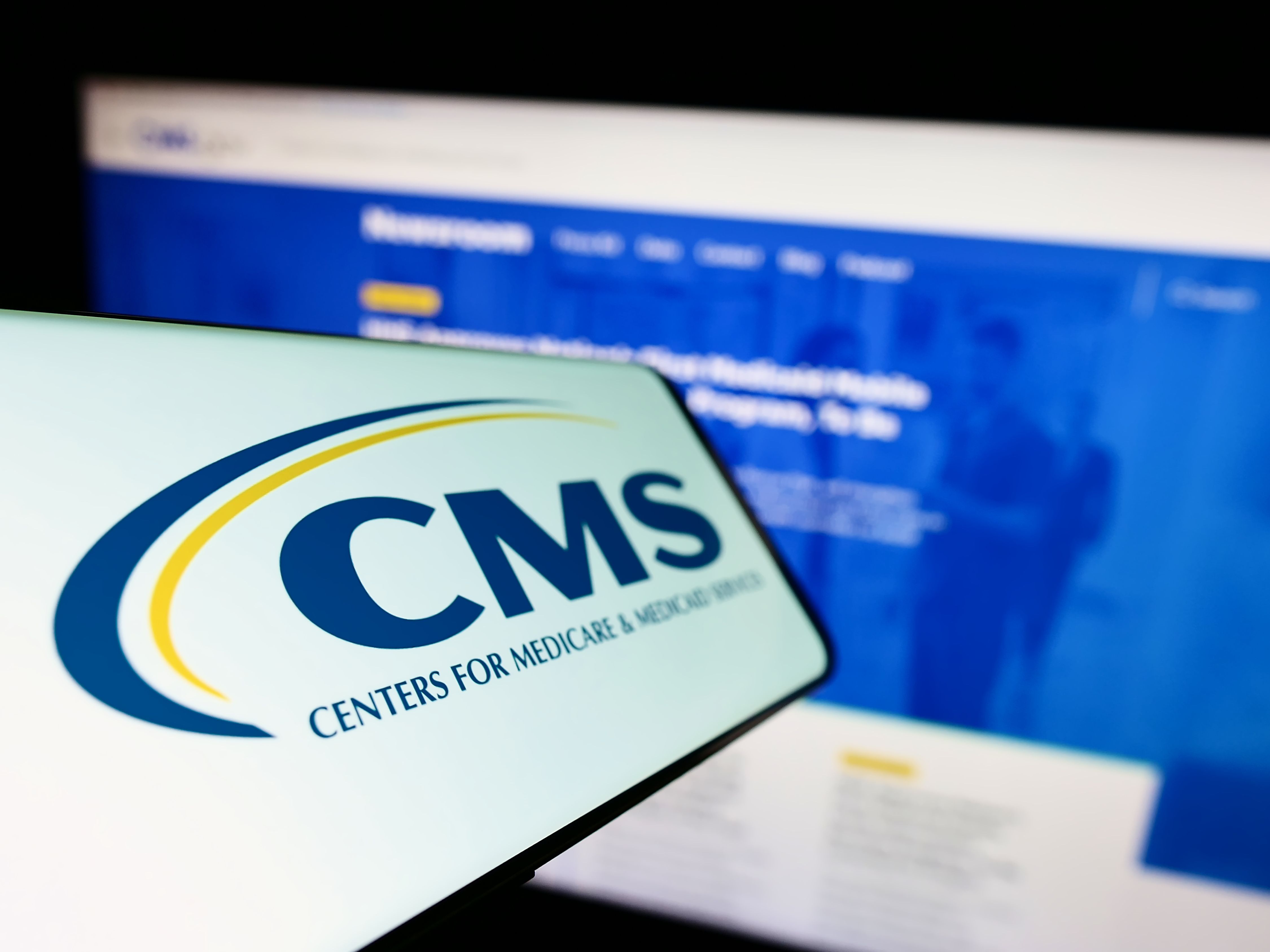Article
Interest-only mortgage? Think hard
An interest-only loan lets you qualify for a bigger house and bigger tax deductions. But there are pitfalls.
Interest-only mortgage? Think hard
If you're buying a home, you have more types of financing options than you can shake a picket fence at. One lesser-known alternative is an "interest only" mortgage. Although only a small percentage of borrowers choose this type, it's growing in popularity.
Like other adjustable-rate loans, this version allows you to make lower payments early on, leaving more money to pay down debt or save for a child's education. But in this case, the entire amount of each payment goes toward interestfor the first five to 15 years of the loan, depending on the terms of your agreementand there are usually no penalties if you prepay the principal.
If you don't plan to spend more than a few years in the home, an interest-only loan may make sense, since very little of the money you pay in the early years of a 30-year fixed mortgage goes toward principal, anyway. In fact, Washington Mutual specifically designed its interest-only product for people who are planning to stay in their homes for "a relatively short period of time." The company says the average US home loan is held for six years.
Every penny of those fat interest payments is tax-deductible. And because the monthly payments are lower initially, you'll probably qualify to borrow more than you will with a conventional fixed mortgage. That could put you in a nicer home or in a community that has topflight schools.
But take that good news with a grain of salt. "Just because a lender qualifies you for a certain amount doesn't mean you can afford that much," says Steve Rhode, president of Myvesta, a nonprofit credit counseling service in Rockville, MD.
Interest-only loans have several other potential strikes against them. First, to save a relatively small amount each month$118 on a $200,000, 30-year loan, by one calculationyou could pay more overall than you would on a fixed-rate loan. That's because a typical interest-only loan turns into a traditional adjustable-rate mortgage when it "amortizes" at the end of the interest-only period. Your rate could rise as much as six percentage points over what you started at.
Second, if you don't prepay any of the principal, you won't build any equity for years. "You may have to pay thousands of dollars out of pocket to cover commissions and other costs when you sell," warns Keith T. Gumbinger, vice president of HSH Associates, a Butler, NJ, publisher of mortgage information.
Finally, your monthly payment will rise after the interest-only phase ends, because payments will be readjusted to include principal and amortized over the remaining term of the loan. The longer the interest-only period, the higher your payments will be when it's over.
Bottom line: This type of loan may be right if you're planning to move within a few years. You also might consider it if you're disciplined enough to invest the savings from lower payments or use them to pay down principal. Otherwise, paying only interest isn't in your best interest.
Staff Editor Dennis Murray
Dennis Murray. Interest-only mortgage? Think hard.
Medical Economics
May 9, 2003;80:100.





